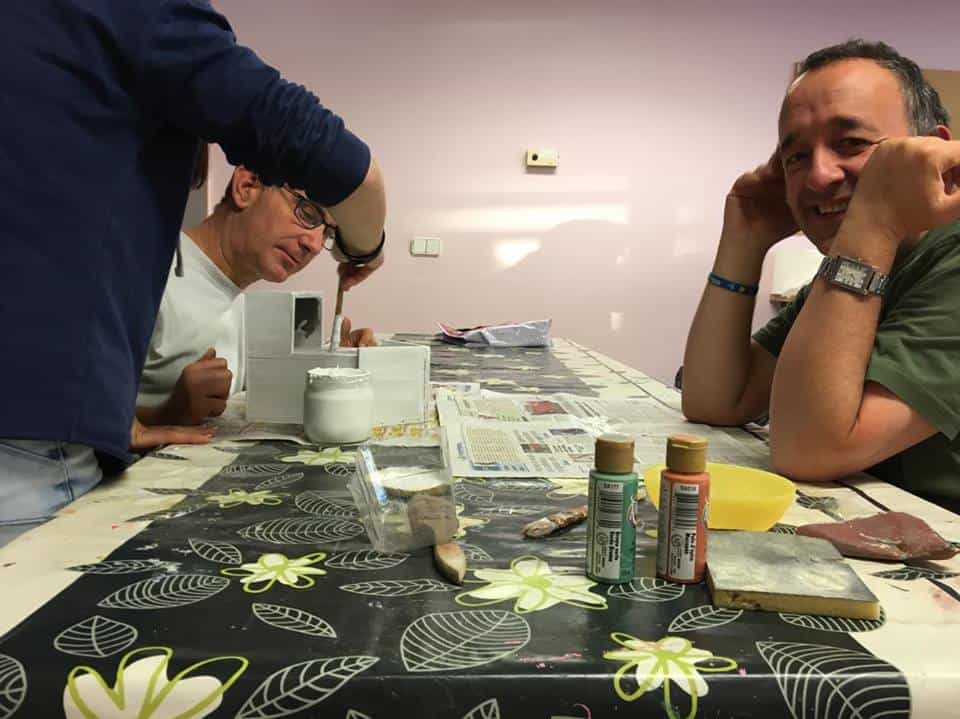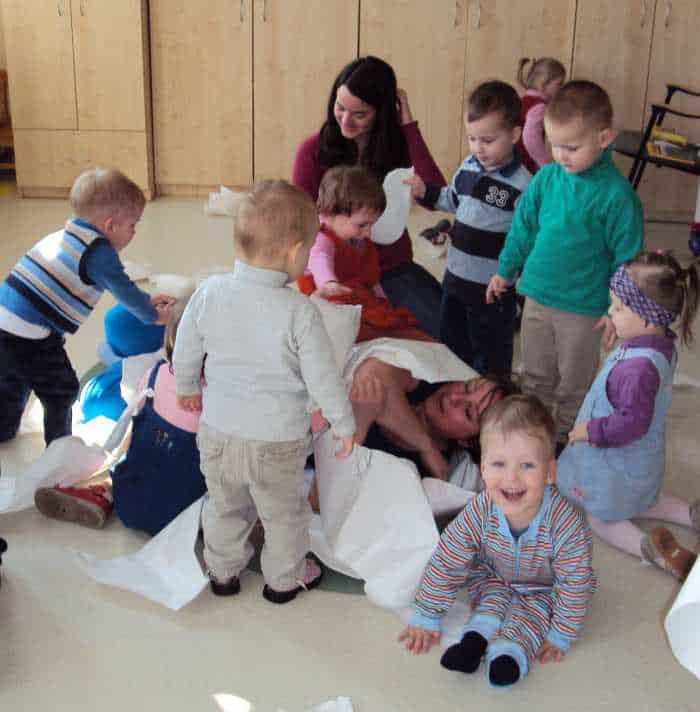„Estén siempre alegres – Seid immer fröhlich“
Florian Mayrhofer on his year in the Proyecto Salesiano Tijuana (2007-2008)
As the time for my A-levels approached and I had to decide whether to do civilian service or military service, the decision was relatively easy for me: I wanted to do something meaningful instead of serving six months in the army, get to know other cultures at the same time and, if possible, integrate my social commitment. A friend of mine introduced me to the organization Jugend Eine Welt (now called "Volontariat bewegt") and I was sent to Tijuana/Mexico to the Proyecto Salesian Tijuana.
The Salesians of Don Bosco (= Catholic order) have been working there in Tijuana for 20 years and have made it their mission to help disadvantaged children by offering them a home and a school for life through the various oratories (= youth center with church). I myself worked in two of the five youth centers on the outskirts of the megacity of Tijuana. According to the ideas of the "inventor" Johannes Bosco (founder of the Salesian Order of Don Bosco and Catholic saint) of this special form of child and youth care, the children are provided with education, opportunities to play, the development of personal faith and a home. I myself have been involved in a wide variety of activities.
At the beginning of my stay abroad, the project offered summer courses, also known as "Vacaciones felices con Jesús", for children between the ages of 4 and 14, as it does every summer. This is a good opportunity for meaningful leisure activities, as the leisure options in this part of the city are very limited and the risk of negative influence from "bad role models", such as violent or drug-addicted young people, is very high. In order to provide the children with meaningful activities during the school vacations, "normal" school lessons were held in the mornings to refresh their knowledge of the previous school year, while a wide range of leisure activities were offered in the afternoons.
Unfortunately, at the end of the summer courses, some of the children and young people turned their backs on the oratory again and the "normal operation" of the youth center began. First and foremost, the main task of volunteers is to be present in an oratory. This is referred to here as "asistencia salesiana" (sales assistance) and means that the volunteer plays with the children, talks to them and is simply present, slowly building up a basis of trust with them.
The oratory should be a place where young people can play, but also a place where they can learn for school and for life. The oratory is also a place of religious offerings. With the help of volunteers, priests and volunteers try to exemplify human values and basic attitudes to the children and give them space for a family atmosphere, which they unfortunately often do not find at home. All too often, children and young people are exposed to negative influences. This is not only exerted by the neglect of parents, but also by youth gangs in which violence, drugs and alcohol are the order of the day. The oratory works with the preventive system, which means that the children should be intercepted in the oratory before they slip into the gangs. But of course the oratory also offers a place for those who are either already in these youth gangs or are just about to get into them, perhaps to save them from a life on the streets.
My job as a volunteer at the Oratorium was also to lead and coordinate games, mediate any disputes between the children and young people and lend out the Oratorium's play equipment or make sure that the equipment that had been borrowed was returned properly.
While playing, the children also learn how to live together and thus how to deal with each other "socially". They should learn that happiness cannot be achieved through drugs or alcohol.
The visits to the families themselves, who invited us to lunch, were always a particular highlight. This allowed me to experience what it means to live in poverty and also made it clear to me why some children react and act the way they do.
At the weekends, it was my job to run the youth center's soccer league - not an easy task for someone who really knows nothing about soccer. But over time, I grew into it and it was always a pleasure to select the winning team at the end of each season and present them with the big trophies.
What remained of this year? Sometimes I had the impression that I had learned much more myself than I had taught the children and young people. But I think that learning from each other, getting to know other cultures and mentalities was probably the greatest benefit of this year for both sides. To this day, I have so many memories in my heart, without which I would not be the person I am. But what impressed me most was the joie de vivre with which the people mastered their situation.
And so today my heart is a little bit Mexican. And that's a good thing!
------------------------------------
More information:




